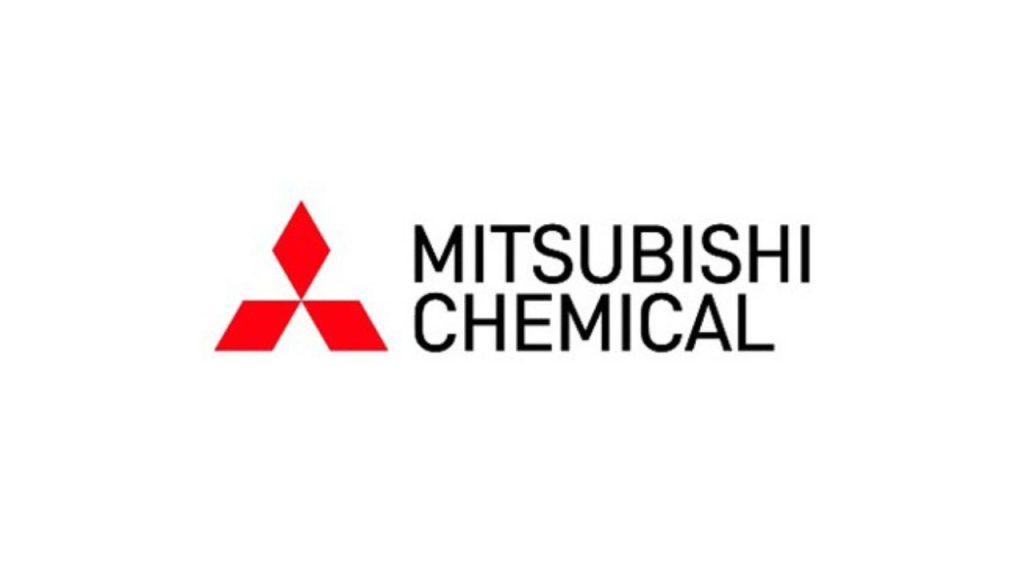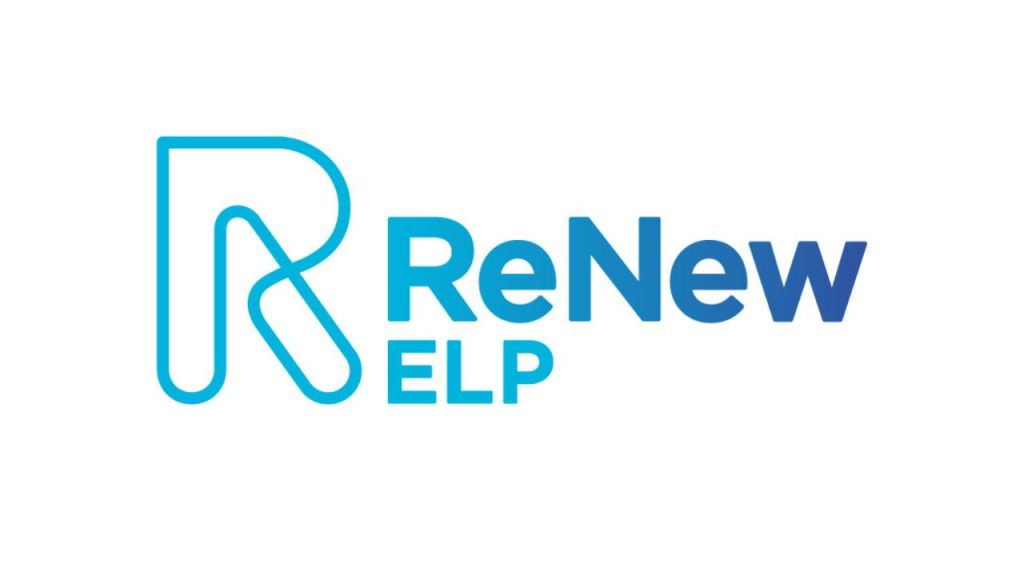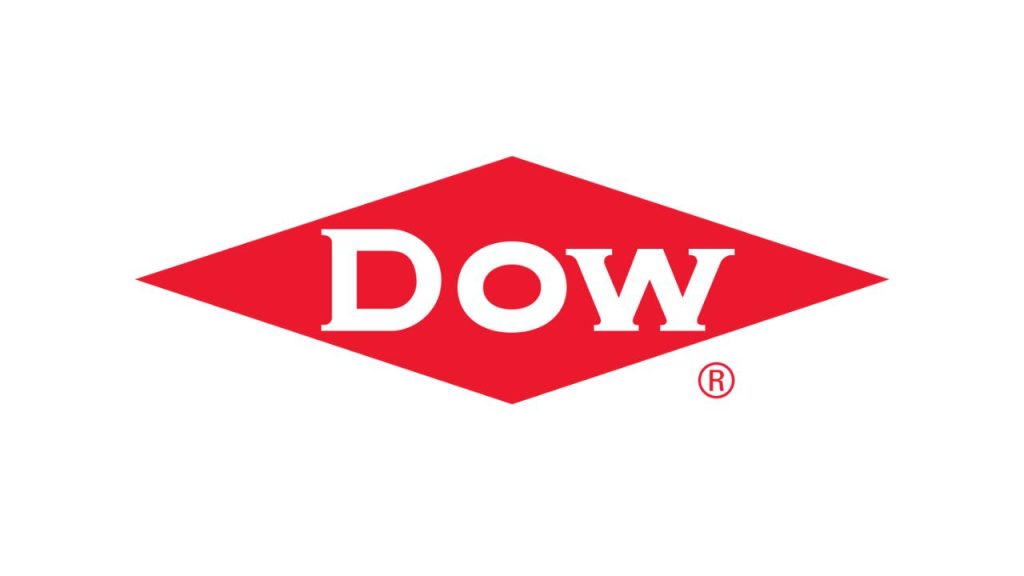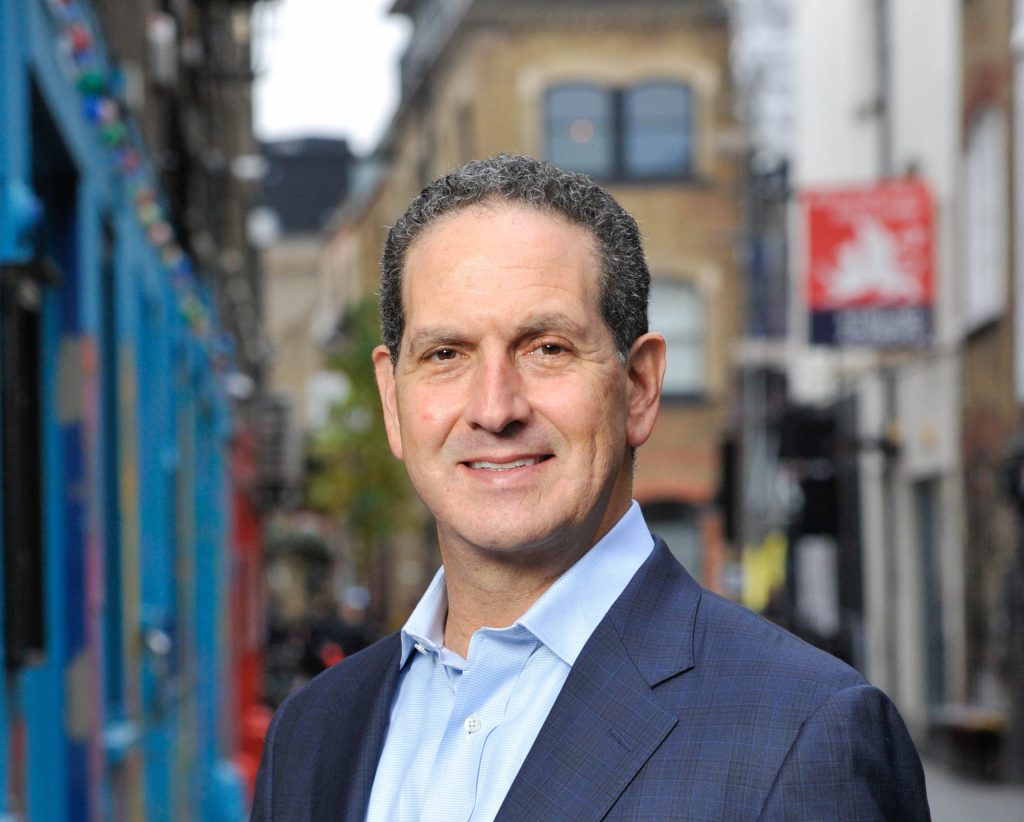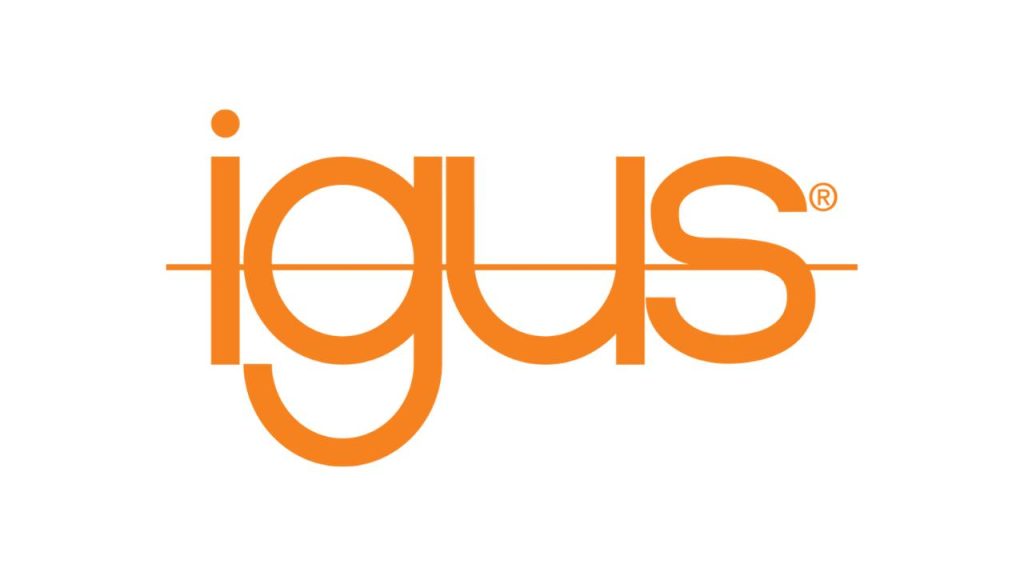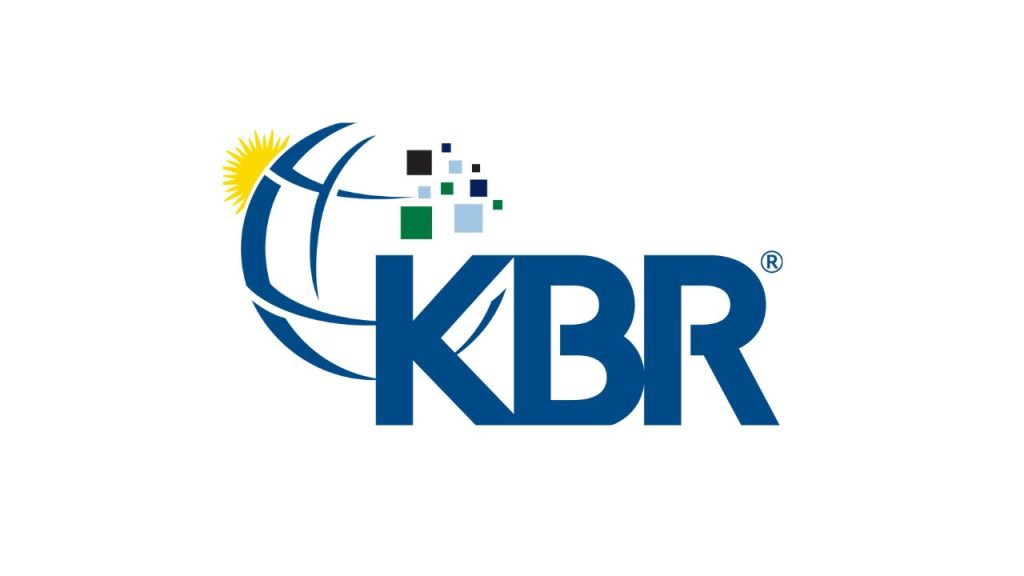To keep up to date with our global roll-out and developments, please complete your details below:
Mitsubishi Chemical Corporation Announce Site Development Plans using Hydro-PRT® Licence from Mura and KBR
12 August 2021
Following Mura’s announcement in June that Mitsubishi Chemical Corporation (MCC), a core company of the Mitsubishi Chemical Holdings (MCHC) Group, had signed a licensing agreement with Mura Technology and KBR for Hydro-PRT®, we are pleased to announce that MCC has decided to develop its first Hydro-PRT (Hydrothermal Plastic Recycling Technology) project in Japan.



Hydro-PRT, the process which is licensed by Mura and KBR, is capable of recycling end-of-life plastic that would otherwise be incinerated, sent to landfill, or leak into the environment as plastic pollution. By converting mixed plastics back into fossil-replacement oils and chemicals, Hydro-PRT enables plastic waste to be upgraded into new plastics and other products, including road materials. Unlike many other recycling processes, there is no anticipated limit to the number of times the same material can be recycled with Hydro-PRT and the technology is able to process many types of plastic which currently cannot be recycled via traditional mechanical recycling processes. The use of supercritical water in the Hydro-PRT technology makes the process inherently scalable, allowing for efficient scale-up at point of need.
This latest project, which will be based at MCC’s Ibaraki Plant in Japan, is expected to complete construction in 2023. It will have the capacity to handle 20,000 tonnes of plastic waste per year – with MCC studying the possibility of increasing capacity in the future. Initially, the project will aim to use post-industrial plastics. With 9 million tonnes of plastic waste arising annually in Japan1, MCC will seek to extend the scope of the project and target these plastics as raw materials.
This announcement is the most recent development in Mura and KBR’s collaboration and an evolution of the companies’ strong working relationship with MCC, which signed a licensing agreement for the Hydro-PRT process in June this year. In addition to this collaboration with MCC, Mura and KBR are currently exploring additional projects in Asia, the USA and Europe to supplement the global roll-out of Hydro-PRT and meet Mura’s goal of developing one million tonnes of recycling capacity by 2025.
“This the latest in a series of agreements that Mura and KBR have signed, and further underlines the vital role which Hydro-PRT will play in tackling the global plastics crisis.
Plastic waste is polluting our environment at an alarming rate, not to mention the carbon emissions caused by utilising the fossil fuels needed to make virgin plastics. We need global, sustainable, and scalable solutions today. That is why we are taking an international approach – to scale fast and meet the challenge head on – and we are proud of the work that will be completed at the Ibaraki plant. Our collaboration with KBR makes this kind of global expansion possible, and we look forward to exploring new future projects with them in Europe and Asia in the coming months."
"Alongside Mura Technology, we are excited to work with MCC on this HydroPRS™ project in Japan and make strides towards a plastics circular economy. This brings us closer to achieving our common goal of a clean and green future."
"Mitsubishi Chemical Corporation are very pleased to announce that a final investment decision has been made to construct a HydroPRS™ recycling plant, which will process 20,000 tonnes of waste plastic per year, in Ibaraki. We see this as an extremely important step forward and MCC will continue to study and implement solutions towards a circular economy."
About KBR
We deliver science, technology and engineering solutions to governments and companies around the world. KBR employs approximately 29,000 people worldwide with customers in more than 80 countries and operations in 40 countries.
KBR is proud to work with its customers across the globe to provide technology, value-added services, and long- term operations and maintenance services to ensure consistent delivery with predictable results.
Visit www.kbr.com
About Mura Technology
Mura Technology’s mission is to eliminate global plastic pollution, reduce CO2 emissions and create sustainable societies.
We are pioneering a globally scalable technology to prevent millions of tonnes of plastic and carbon from entering our natural environment every year and turning a $120 billion lost resource of plastic waste into a valuable global commodity. Our technology can recycle all plastic waste, and produces the ingredients for brand new products, reducing the need for new and fossil-fuel-derived plastics.
We are partnering with the biggest global brands to scale worldwide and feed a sustainable plastics economy in the next decade. We plan to have a capacity for 1,000,000 tonnes of plastic recycling in operation or development by 2025.
The company is based in London, UK. Visit www.muratechnology.com
About Mitsubishi Chemical Corporation
Mitsubishi Chemical Corporation, as a core operating company of the Mitsubishi Chemical Holdings Group, seeks to provide solutions to environmental and social issues and to contribute to the sustainable development of people, society and the Earth through its businesses built on a foundation of chemistry. In this way, we aim to realise KAITEKI – a condition that contributes to sustainable development that is optimal for people, society, and the Earth.
1. An Introduction to Plastic Recycling – Plastic Waste Management Institute (2019)
